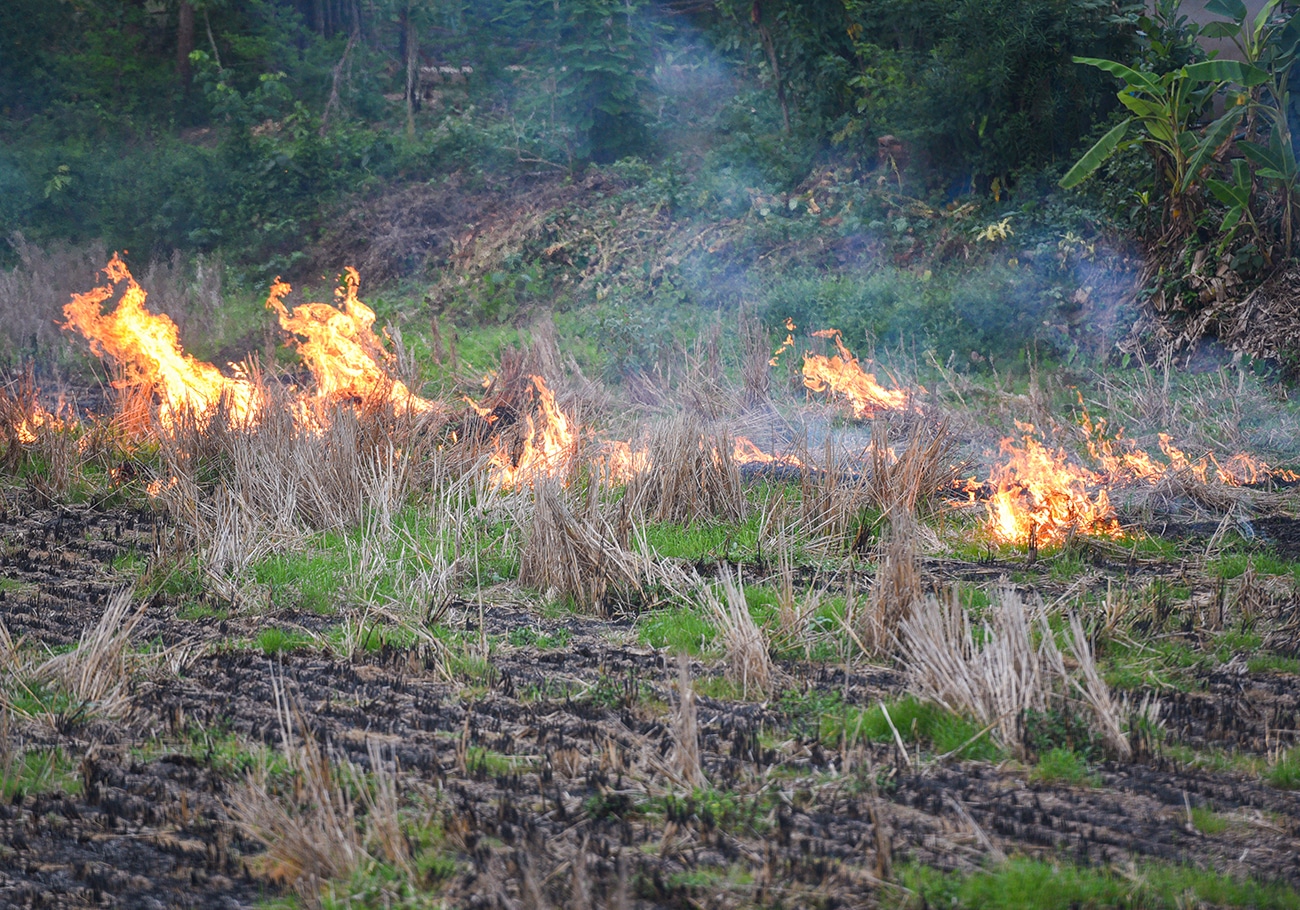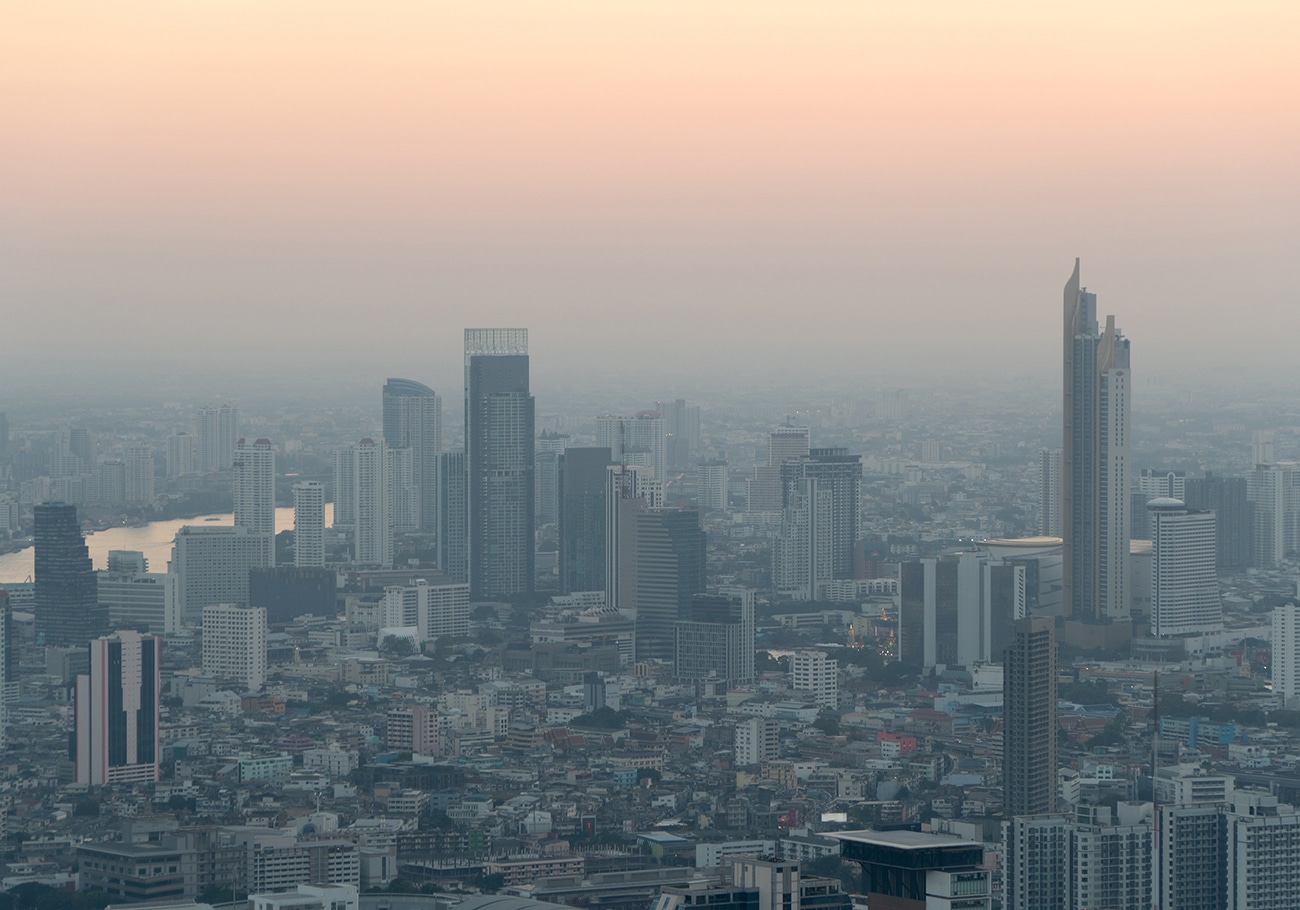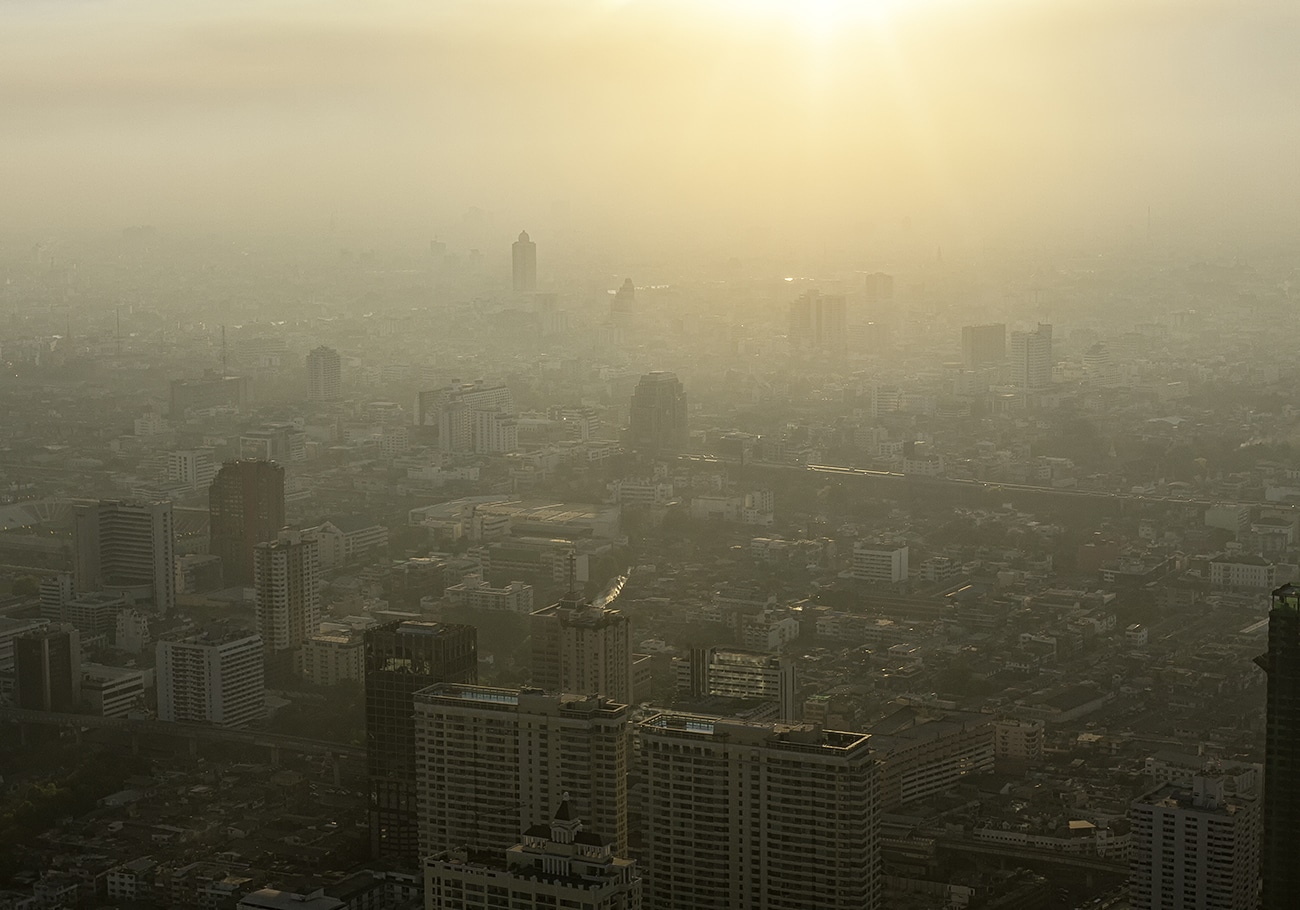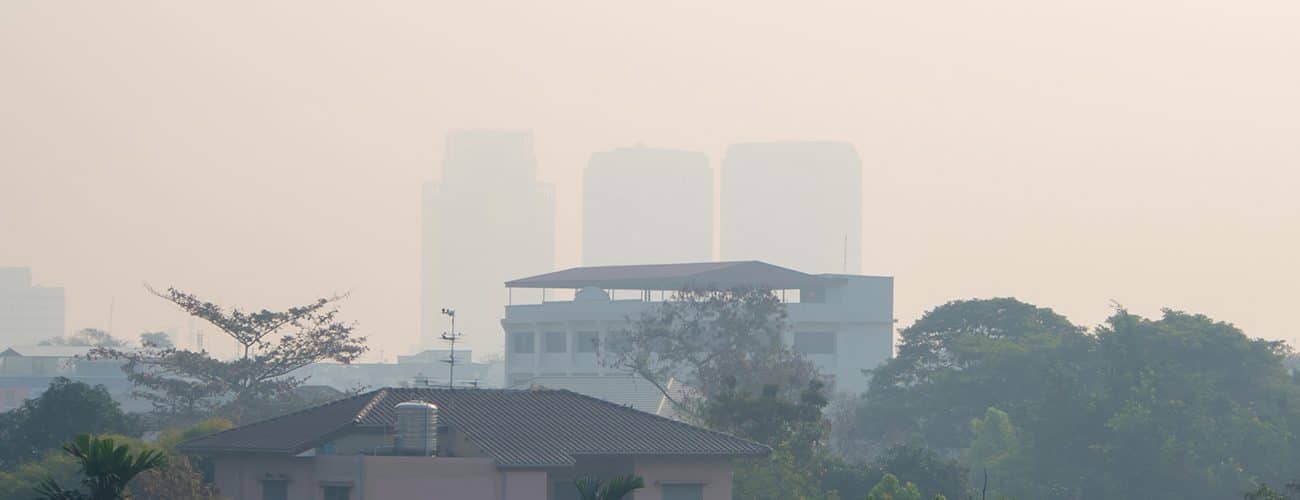
The Johor Department of Environment (DOE) has taken proactive steps to address the haze issue plaguing several districts in the state.
Dr. Mohd Famey Yusoff, the DOE director, revealed that the department has deployed approximately 20 enforcement officers for daily patrols. These patrols are concentrated on areas with a heightened risk of open burning, with a particular emphasis on peatland regions.
Peatland areas, such as those in Muar, as well as industrial zones in Pengerang and Pasir Gudang, are the primary focus due to the formidable challenge of extinguishing fires in peatlands and the substantial smoke emissions they generate. Dr. Mohd Famey discussed these measures while responding to queries regarding the state DOE’s efforts to mitigate the haze’s impact.
Preventing open burning

Dr. Mohd Famey Yusoff disclosed that between January and September, Johor recorded a total of 395 cases of open burning. The majority of these incidents occurred in residential areas, typically involving small-scale burnings by residents. In response, immediate warning notices were issued to those responsible to prevent such occurrences from recurring.
Furthermore, the department continually monitors the Air Pollutant Index (API) to gauge air quality. As of 10 a.m. today, five locations in Johor registered unhealthy API readings. These locations are Segamat (155), Batu Pahat (163), Larkin (157), Pasir Gudang (152), and Tangkak (155).
However, Dr. Mohd Famey noted that the API readings in Johor have remained consistent and are not on the rise. Consequently, there is no requirement for the public to wear face masks, and schools do not need to close, as the readings are below the critical threshold of 200.
Patrols and vigilance in peatland areas

In addition to the ongoing monitoring efforts, the DOE director advised the public to download the MyIPU application. This app provides real-time API readings, updated every hour, ensuring that individuals stay informed about air quality conditions.
As of 3 p.m. today, the API readings in several locations were as follows: Segamat (153), Batu Pahat (161), Larkin (152), and Tangkak (154), indicating unhealthy air quality. Pasir Gudang (96) registered a moderate API reading.
The DOE’s increased patrols and vigilance in peatland areas are crucial steps in curbing open burning, which contributes to the haze problem. Dr. Mohd Famey Yusoff’s reassurance that API readings have not escalated beyond the critical level offers some relief to the public, indicating that stringent measures remain effective in managing the haze situation.
The public is encouraged to remain informed through the MyIPU app and to cooperate in preventing open burning to protect the environment and air quality in Johor.











